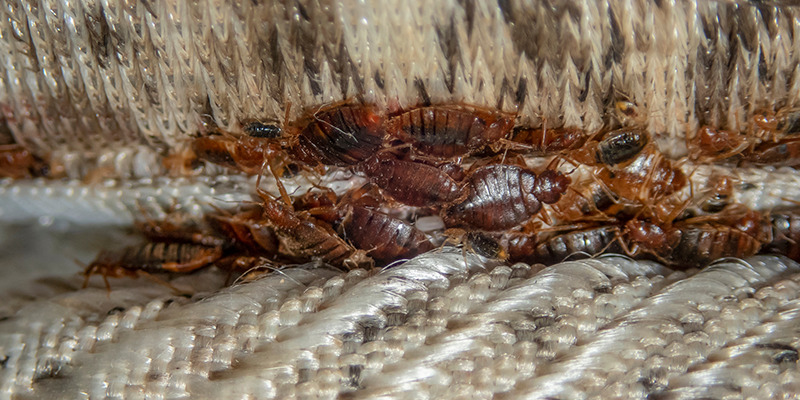How to Avoid Bed Bugs
Since bed bugs can be active any time of the year, it’s important to stay diligent about preventing an infestation. Bed bugs can be found in any environment, from the most affordable motels to the most luxurious hotels. When you travel, regardless of where you are staying, check the bed frame, boxspring, and mattress for signs of bed bugs. Bed bugs like to hide in tiny crevices and only emerge late at night, so try to move quickly as you check your bed. You may notice live insects, blood stains, or tiny specks of bed bug droppings – all of these are solid signs you may be staying somewhere with bed bugs. If you suspect your room has bed bugs, notify management immediately so they can follow protocol.
Even if you don’t see signs of bed bugs, when you get home from a trip, make sure you wash all your clothes in hot water. You should also thoroughly vacuum your luggage. These two tasks take very little time and will drastically reduce the likelihood of creating a new infestation in your home.


